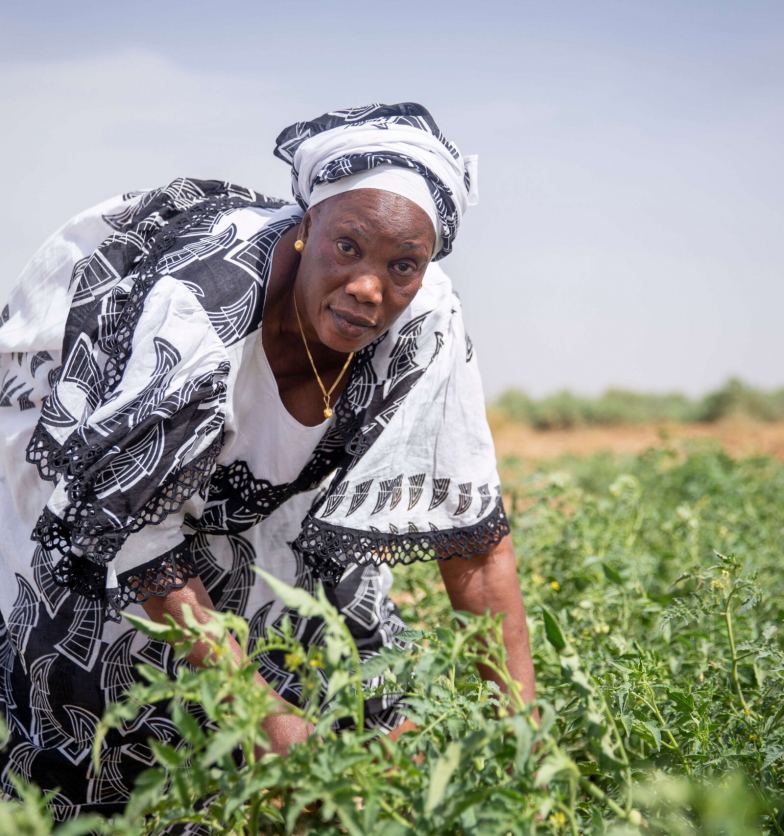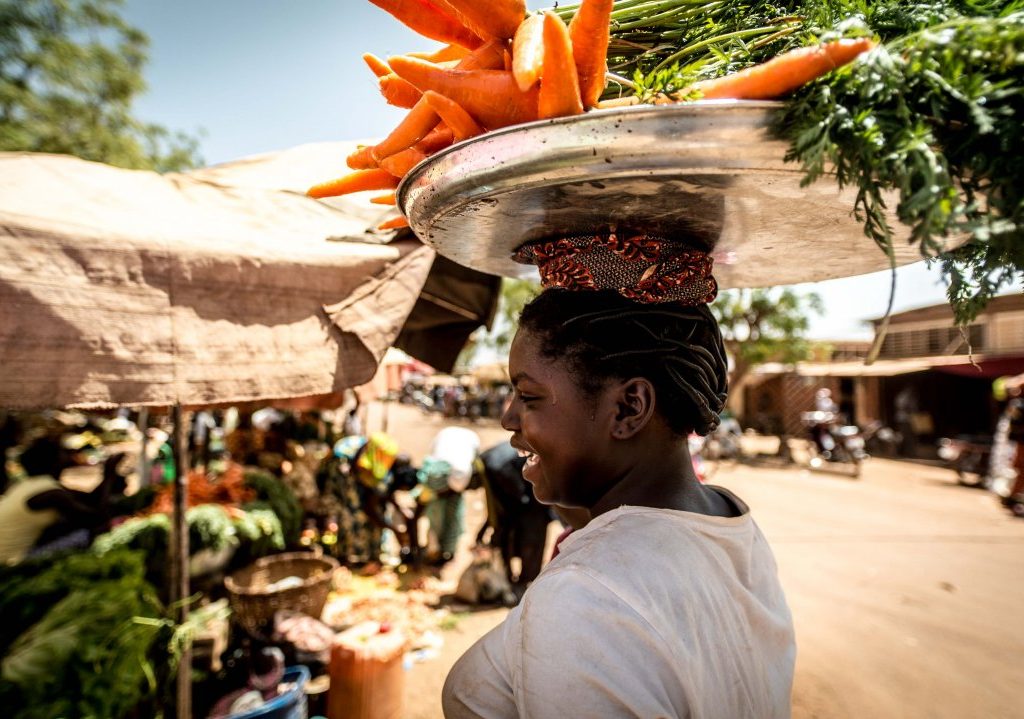
RESILIENCE
PILLAR
UN RESILIENCE STRATEGY IN THE SAHEL
In order to tackle the crisis in the region, it is essential to restore and consolidate the resilience of communities and social systems for sustainable human development, with a focus on structural socioeconomic changes and improved distribution of wealth.
The Regional Working Group on Resilience (Resilience Working Group) gathers international development and humanitarian actors working in the West and Central African region together.
The Regional Working Group on Resilience (Resilience Working Group) gathers international development and humanitarian actors working in the West and Central African region. Its purpose is to support countries and actors build resilience among communities and social sector delivery systems through multi-sectoral risk-informed programming, climate change action, and social cohesion in the spirit of the triple nexus humanitarian, development and peace. It provides a platform for knowledge-sharing, joint analysis and joint programming and informs policies and strategic engagement towards resilience building. In this regard, the Resilience Working Group contributes to the Global Alliance for Resilience Initiative (AGIR Sahel & West Africa) and the UN Integrated Strategy for the Sahel (UNISS) Resilience Pillar 3 and other global and regional resilience initiatives focusing on the region. It occasionally interacts with the regional Interagency Standing Committee

Under this pillar, a United Nations Energy offer has been developed with the overall purpose to trigger sustainable socio-economic growth through increased access to clean energy in the Sahel. The offer addresses both the access to electricity and to clean cooking and focuses primarily on off-grid renewable energy solutions in rural areas, where an immense potential exists to trigger economic growth and agriculture transformation, create green jobs especially for young women and men and reduce poverty. It also considers fragile communities in peri-urban areas – such as displaced populations and their host communities, who can also greatly benefit from off-grid renewable energy systems.
Support
Positive interventions to support national actors and communities build a resilience on agriculture, energy, climate, water, etc.
Transform
Progressive transformation of energy for production. Robust agricultural transformation and increased access to water and renewable energy.
Sustain
Provide concrete supports to help Sahelians build sustainable local economies for socioeconomic growth.
RATIONALE
The rationale for the resilience pillar is to; among others, strengthen Inclusive/ equitable growth & basic services in the communities in the Sahel which at present is tenuous. These include among others enhancing activities on energy including renewable energy, climate, agriculture, including strengthening national protection systems and disaster and climate risk management systems.
The Resilience Working Group enhances partnership and supports country and regional actors to strengthen the resilience of communities and systems.
KEY OBJECTIVES AND INDICATIVE ACTIONS:
Information and knowledge management
Joint analysis, programming and policy advice
Strengthen household, national and regional risk management capacities
Partnerships and Outreach
Guidance to country and regional partners

The Resilience Working Group will convene and work in plenary, as well as through sub-groups and tasks teams as per members’ interest and requirements.
Sub-groups will be led by volunteer engagement of interested Resilience Working Group members and report to the wider group at regular intervals.
The Resilience Working Group will develop an indicative “light” work plan, which will be further strengthened as the group grows in its substantive contributions to the various working themes.
Currently identified indicative focus areas for sub-groups are included in an annex.
Membership to the Resilience WG is open to international development partners (UN entities, INGOs, multilateral and bilateral development agencies, donors) engaged in resilience programmes in the region.
The Resilience WG may invite other partners (including government, regional organizations, NGOs, bilateral and multilateral actors) to participate in its meeting for information sharing and to build synergy on implementation of activities.
The Resilience Working Group is Chaired/Convened by UNICEF supported by FAO and WFP.
The Resilience WG will be convened at least once every two months.
The minutes of the meetings shall be shared with members, the Conveners of UNISS Working Groups, and the UNISS Implementation Support Unit, within ten days of holding the meeting.
The RWG Convener (and designated members) in coordination with the UNISS Implementation Support Unit will maintain contact, coordinate, cooperate and participate in activities and forums relevant to resilience building in the Sahel and the sub-region.

